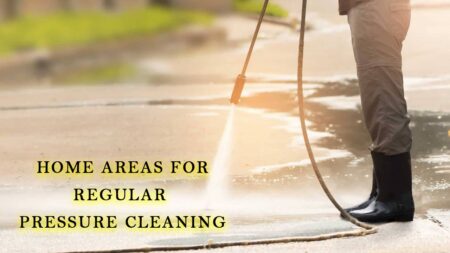Buying a new house can be a fulfilling and exhilarating experience. After all, isn’t it particularly exciting to have a new space you can call completely your own? However, it is important to look beyond the initial rush of joy, and think a little bit about the future. Once the honeymoon phase passes, the serotonin rush of a new house can slowly be replaced with frustration.
A house is a very difficult thing to maintain. There are new things we have to fix regularly, new equipment we have to add, new damage we have to reverse. Properties are prone to damage from so many things like smoke, rain, heat, cold, water, and even the careless actions of people. Fixing up a new house after sustained damage can be really expensive and time-consuming.
It is essential to make sure your financial interests are protected whenever your house breaks down a little bit. This is where homeowners insurance comes in. This kind of insurance makes sure you are compensated whenever you need to fix something on your property. Homeowners’ insurance ensures a cheap and hassle-free renovation experience. Here are a few tips that will make purchasing home insurance in America easy.
Learn About Coverage
A serious problem plaguing most homeowners is that their houses are severely underinsured. Many people tend to focus on the price, or the amount of compensation provided by the insurance company, rather than the coverage. Coverage is the most important thing to find out before you purchase homeowners insurance.
The first step to understanding how much coverage you require is to figure out a few estimates:
- Replacement Cost
- Cost of your assets
- Cost of your personal belongings
The replacement cost of your house is the amount of money it will take to completely build a brand new house, the same one you currently own, in case it is completely destroyed and broken down in a natural disaster like an earthquake or a hurricane.
Natural disasters are primarily responsible for damage caused to your homes, and it is important to figure out the natural disasters your area is prone to. Whether it is floods, earthquakes, an area prone to hurricanes, or a relatively safe area, should all be taken into account when purchasing insurance.
Thoroughly Research Home Insurance
It’s never wise to go into any venture blind, and this includes the purchase of home insurance. Insurance policies are tricky and may often confuse those who don’t have a background in economics or are new to the game. A confused buyer usually makes misinformed choices, and this will lead to insurance policies that are simply not good enough.
It’s crucial to read up on insurance and familiarize yourself with the various keywords and terminologies used. There are usually six types of home insurance, with different areas of coverage:
- Dwelling
- Personal Property
- Other Structure
- Additional Living Expenses
- Medical Payments
- Personal Liability
There are also different types of coverage, like actual cash value, replacement cash value, and extended replacement cash value.
If you know your insurance policy terminology perfectly, it makes it extremely easy for you to choose what kind of homeowners choice you need.
Collect Information Regarding Your House
To properly insure your home, you need to know exactly what your home needs, right down to the minute details. The best way to do this is to find out every excruciating detail about your house. Find out the exact area, the type of heating and plumbing systems. Find out what extra amenities you need to account for, like pools and gardens. Document its renovation history, and your future plans with it.
The more information you provide an insurance company, the more likely they are to be accurate about the quote. This will ensure that you are provided with the best possible coverage you require.
Enquire About What Isn’t Covered in Your Policy
After you figure out what your insurance policy covers, it is time to do a little digging and find out what your insurance policy doesn’t cover. The standard homeowner’s insurance does not cover events of earthquakes and floors.
Always confirm if your insurance covers natural disasters, and if it doesn’t, the extra pay is worth buying it.
Also Read: Fire Damage Restoration – Things You Need to Know
Compare Insurance Quotes
Don’t rush into the cheapest policy available. Always wait and watch. It is important to compare the quotes of your insurance policy with that of other companies. Thorough research into the background of your insurance company is recommended. Use websites, chat forums, business ranking websites. Even consult a professional if needed. It’s always better to be safe than sorry.
Thus, choosing your insurance policy can be a frustrating hassle. However, if you follow the above tips, you will find this process a little less cumbersome.
Follow Homecrux on Google News!




